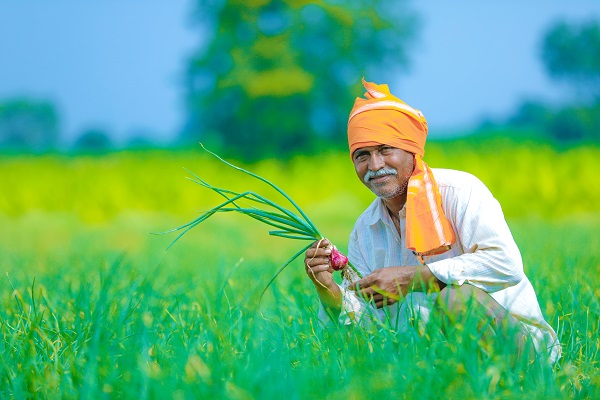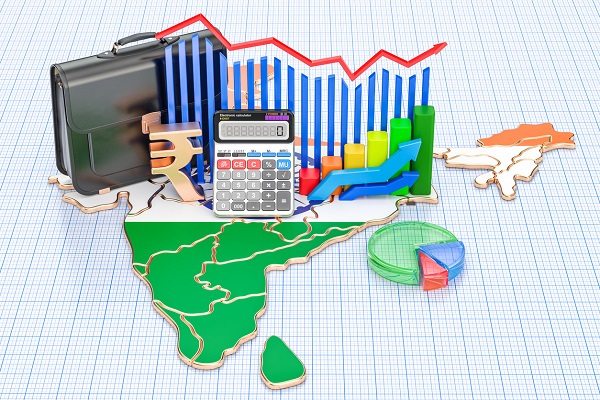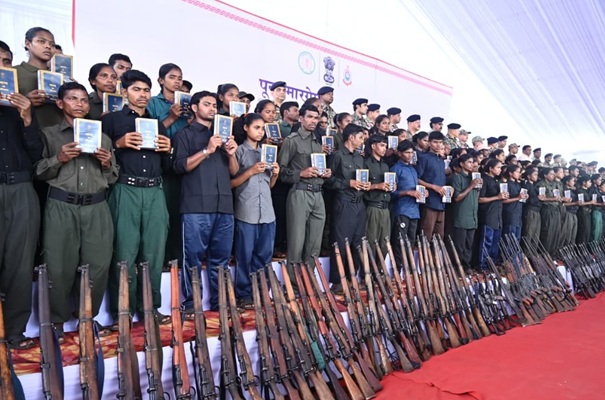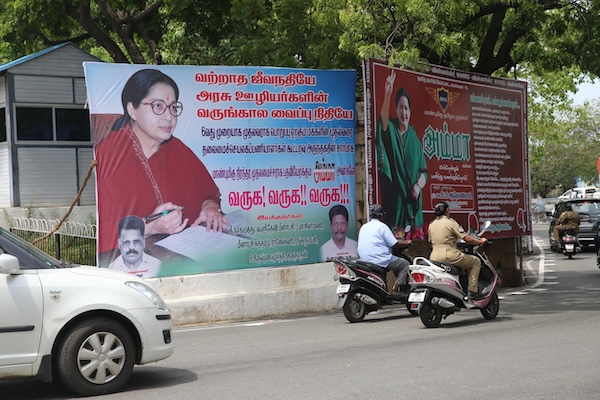.png)
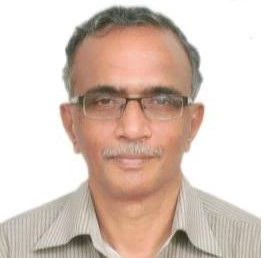
Dr K L Prasad, retired Principal Adviser, Agriculture Ministry, served 36 years in Indian Economic Service from grassroots to policy level
July 11, 2025 at 4:40 AM IST
Policy making in a democracy reflects the vision, needs, and expectations of key stakeholders. In the first two decades after independence, India faced severe foodgrain shortages. Thanks to government policies, investment in research, and farmers’ progressive outlook, the country has since achieved self-sufficiency in basic cereals and allied production.
Yet the agriculture sector faces many risks and continues to underperform relative to its potential. Periodic shortages of essential crops lead to frequent bouts of double-digit food inflation. Political leadership sees uncontrolled inflation as a threat with potential electoral costs, prompting persistent government intervention through emergency imports, export bans, minimum export prices, and stock limits. These measures often yield sub-optimal results even in the short term and hamper long-term solutions.
Government food management policy is guided by two objectives: procuring major crops at pre-determined minimum support prices to encourage production, support farm incomes, maintain buffer stocks, ensure food security, and stabilise prices; and providing food to the poor at subsidised rates through the public distribution system to address under-consumption.
However, there is an inherent conflict in using a single policy instrument, the price of agricultural produce, to serve both goals. While this approach has worked for wheat and rice, which anchor the PDS, it has been far less effective for crops like oilseeds and pulses. In perishable horticultural crops like tomatoes, onions, and potatoes, or TOP, despite efforts in cold storage and food processing, price stabilisation mechanisms remain largely ineffective.
Procurement of rice and wheat creates segmented markets (PDS and open market), supporting higher open market prices even amid overall surplus. In pulses and oilseeds, this segmentation is less effective, leading to continued imports to manage demand-supply gaps, though at reduced levels compared to the past. Food inflation has remained a key driver of consumer price index inflation for many years.
Government policy thus shows a clear bias towards short-term management through command-and-control measures that distort markets. This reflects poor predictive assessment and highlights a lack of granular data on the nature, extent, causes, and duration of problems. Reforms must prioritise long-term market-based solutions that replace archaic systems and reduce intermediation costs that create a significant wedge between farmgate and consumer prices.
Reform Imperative
Agriculture sector reforms must rest on data-driven analysis and evolve through broad-based consensus among key stakeholders. For example, reforming the Essential Commodities Act (as part of the three farm laws of 2020) should have been the least contentious with farmers. Yet, government signalling on continued intervention in essential commodities during and after the Bill’s passage was unsatisfactory. Moreover, the belief that reforms can be imposed purely through legislation is flawed. If the goal is better markets, then achieving improved farmgate price realisation alongside higher production is essential.
Imports remain a policy tool for short-term emergencies. However, controlling food inflation sustainably requires boosting domestic production of pulses, locally grown oilseeds, horticulture (TOP), and other essential crops. This calls for increased production in commodities that consistently drive food inflation.
Economic growth relies on greater use of inputs and productivity gains. The farm sector faces growth constraints due to limited land. Policies must focus on incentives (relative prices) to encourage land reallocation toward crops in short supply, supporting price stability and diversification. Policies that deliver better farm incomes will naturally gain acceptance.
Farm income depends on relative costs and returns. The distinction between cost of cultivation and cost of production is vital. While cultivation costs may be broadly similar, production costs depend on yields per hectare, which in turn determine income levels. Inter-state differences in productivity explain income disparities. For example, the average wheat and rice yields in Punjab (46.8 and 43.5 quintals per hectare) far exceed those in Bihar (29.8 and 25.0 quintals per hectare). Even within a state, productivity differences between crops, such as rice and arhar, affect income per hectare. In years of bumper production (including imports), farmers may not secure MSP for arhar.
Perishables and pulses often yield poor incomes in years of excess production, a classic ‘cobweb phenomenon’ where sowing decisions based on current prices lead to future price volatility at harvest.
Addressing demand-supply gaps requires a forward-looking, predictable, and transparent approach anchored in data-driven analysis of estimated shortfalls, causes, duration, and stock levels. While India has a robust agricultural statistics system, it needs additional structured, real-time data from the farm gate to manage inflation effectively.
The most important reform is to ensure better price discovery for farm produce through markets, using electronic trading platforms that eventually reach the farm gate. Implementing Fair Average Quality standards alongside a structured network of aggregators for transport, milling, sorting, grading, and storage is essential for efficient markets. Technological innovations like app-based platforms can reduce inefficiencies and information asymmetry in traditional marketing systems and help close the gap between farmgate and consumer prices.
Enduring reform depends on innovative systems and modern technology that make markets work for all stakeholders.
